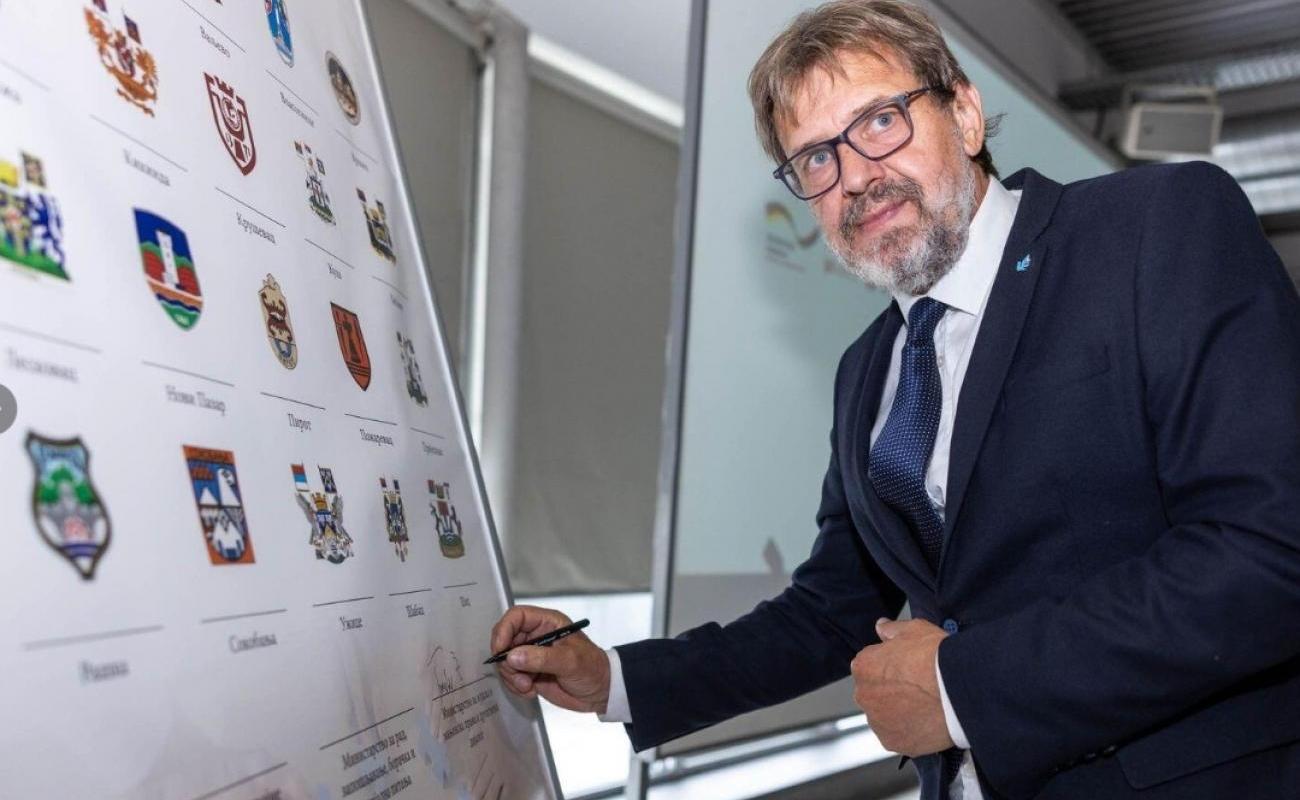The beginning of cooperation with 20 local self-governments on the improvement of social protection services in Serbia

As part of the German development cooperation project “Support for social inclusion in Serbia”, which is implemented by the Deutsche Gesellschaft für Internationale Zusammenarbeit GIZ GmbH in partnership with the Ministry of Labour, Employment, Veterans and Social Affairs, the official cooperation with 20 local self-governments, which together with other partners, will work on improving social protection services in Serbia, has started. In addition to the aforementioned ministry, which represents the political partner, the Ministry of Human and Minority Rights and Social Dialogue also actively participates in the project as an implementation partner.
Local governments participating in the project face challenges in implementing integrated services for the social and economic inclusion of vulnerable groups such as women, people with disabilities, Roma, the elderly and residents of rural areas. These groups are often excluded from social and economic life due to prejudice, gender stereotypes and lack of adequate support. The project “Support for social inclusion in Serbia” aims to help overcome these obstacles through the development and expansion of integrated and gender-responsive social services at the local level.
In 20 selected local governments, Novi Pazar, Pirot, Raška, Prijepolje, Bač, Požarevac, Vršac, Kanjiža, Kula, Valjevo, Kikinda, Šid, Šabac, Užice, Kruševac, Vlasotince, Lebane, Leskovac, Arilje and Sokobanja, services that include psychosocial, health and economic support for women who are victims of violence, as well as other integrated approaches are being developed and implemented. For example, establishing a Club for the inclusive rehabilitation of young people with behavioral problems or introducing professional orientation within the Counseling Center for Marriage and Family.
In addition to the exchange of experiences in this area, the participants also learned about the training and professional support that will be provided in the next two years, especially in the areas of fighting against discrimination and promoting gender equality.
The project supports the development and expansion of integrated and gender-responsive services for the social and economic inclusion of women and other vulnerable groups at the local level, with the aim of creating a fairer and a more equal society.
